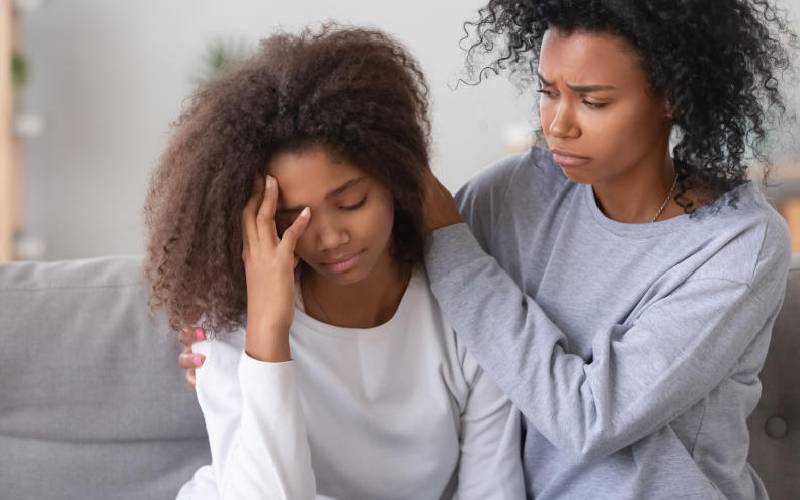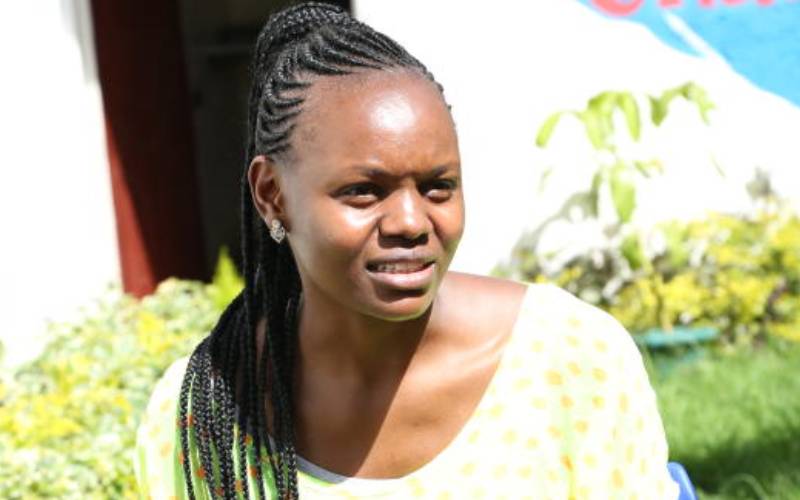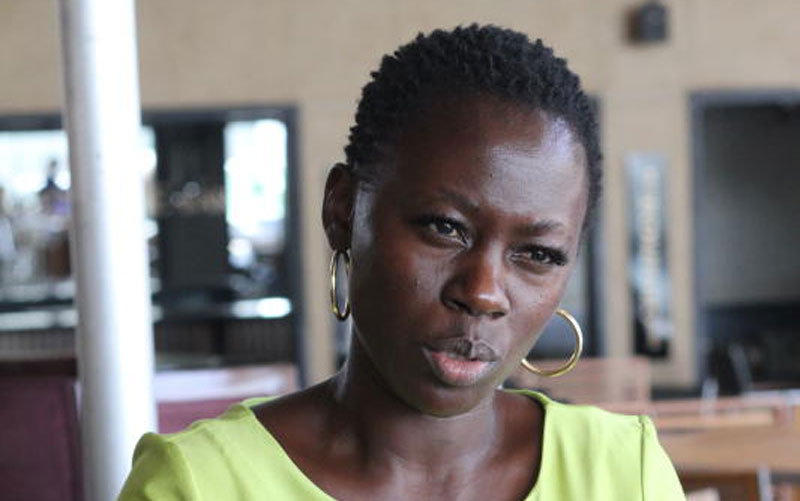
A mom tries to calm her frustrated daughter.[Getty Images]
One out of two adolescents battled mental health conditions due to the effects of the Covid-19 pandemic.
A report on the impact of the disease on adolescents in Kenya that was released yesterday revealed that more than half of adolescents experienced some form of depression and stress-related diseases during the pandemic. A majority of the cases were reported in urban areas.
Facts First
Unlock bold, fearless reporting, exclusive stories, investigations, and in-depth analysis with The Standard INSiDER subscription.
Already have an account? Login
 The Standard Group Plc is a multi-media organization with investments in media
platforms spanning newspaper print
operations, television, radio broadcasting, digital and online services. The
Standard Group is recognized as a
leading multi-media house in Kenya with a key influence in matters of national
and international interest.
The Standard Group Plc is a multi-media organization with investments in media
platforms spanning newspaper print
operations, television, radio broadcasting, digital and online services. The
Standard Group is recognized as a
leading multi-media house in Kenya with a key influence in matters of national
and international interest.











